Far too many classics fall victim to the practice of “paid by word.” This practice encouraged authors to maximize profit at the expense of the product, turning strong plots into word vomit. That is why many of these need to be revised, as many of these books wouldn’t have been published if written in the modern era. While I don’t think we should argue the historical or cultural significance of many of these classics, some of these classics would fit better in specific cultural college courses than an introductory English class. With so many classics available, we don’t need to assign the ones that aren’t accessible to all demographics because assigned literature can teach students to love reading or ruin it for them.
Read on to find out which classics we need to retire.
1. Crime and Punishment by Fyodor Doestoevsky
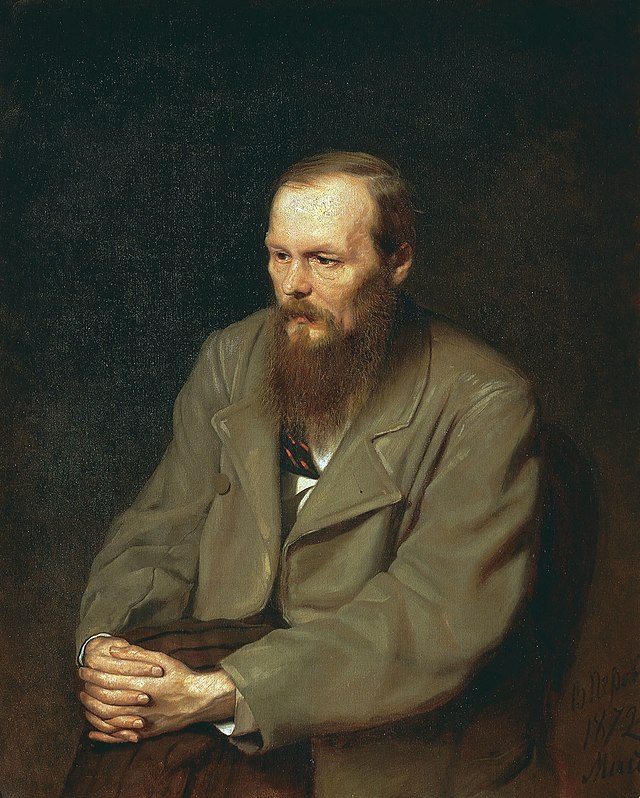
The prose of this novel dragged on and on, and the main character, Raskolnikov, was at best obnoxious and at worst detestable. While Crime and Punishment does have interesting commentary on Russian society, you need an understanding of Russian society in 1866 for this to mean anything to you, something most Americans don’t have. Furthermore, Catcher in the Rye by J.D. Salinger has a similar message that holds up better: you don’t have the right to hurt people just because you’re hurting. In some ways, the message of Crime and Punishment is one of the most frustrating parts.
“Raskolnikov is portrayed as a man who makes a terrible choice on the flawed assumption that he is an Ubermensch to whom the rules of society don’t apply, and then suffers the consequences of his actions as he’s tormented by guilt and horror at himself for behaving as he does, but throughout the entire book he treats all the people in his life terribly and, even after realizing he was wrong about it being fine to kill an old woman because she was mean, continues to display a truly incredible amount of self-centeredness that Dostoevsky himself doesn’t seem to fully recognize,” University of Michigan Junior Alexa King said. “He’s so deeply self-pitying and self-absorbed that he fails to do any number of things which would actually make his life or the lives of those around him better.”
This is one of those books that explores morality but through the lens of a privileged white man from Russia who is discovering that he’s actually not special enough to have the divine right to commit completely unprompted murder. So, essentially, the lesson feels silly. Why does it take 720 pages to say this? The novel is confusing, frustrating and way too long. Even if this novel were rewritten and condensed, it would still have an underwhelming message.
2. Moby Dick by Herman Melville
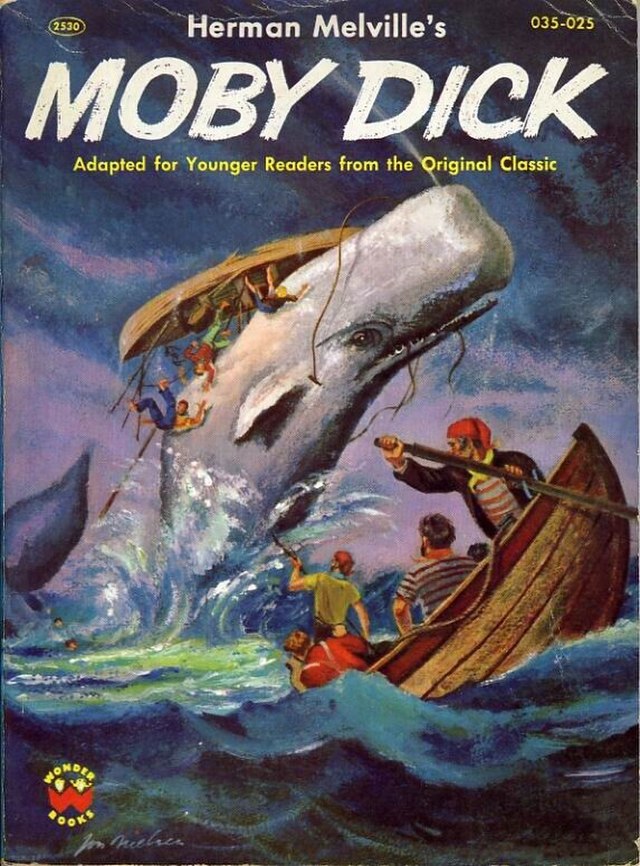
Moby Dick is reminiscent of the inverse of the Old Man and the Sea by Ernest Hemingway. They both detail a sailor’s obsession with an elusive goal and how it leads him to ruin. Only, The Old Man and the Sea is a case study in concision, whereas I’m not sure if Moby Dick could be any longer without introducing more plot lines. At over 200,000 words, far too many are filler, and it feels as though this story only needs 100,000 words to convey what it is trying to say. The other 100,000 words detract from the clarity of the novel, which not only seems confusing but like a waste of time.
“Moby Dick dehumanizes whales.” University of Iowa Sophomore John Glab said.
Like a lot of novels on this list, the primary issue is the length. The content doesn’t justify the word count. Moby Dick reads like Melville had a set word count and was attempting to stretch limited content to reach it. As someone who has written many essays like this, I recognize this and consider it poor writing. Furthermore, I don’t appreciate reading a classic that rephrases the same thing a hundred ways whilst knowing I would lose points on an essay about said classic if I did the same.
3. The Iliad and the Odyssey by Homer
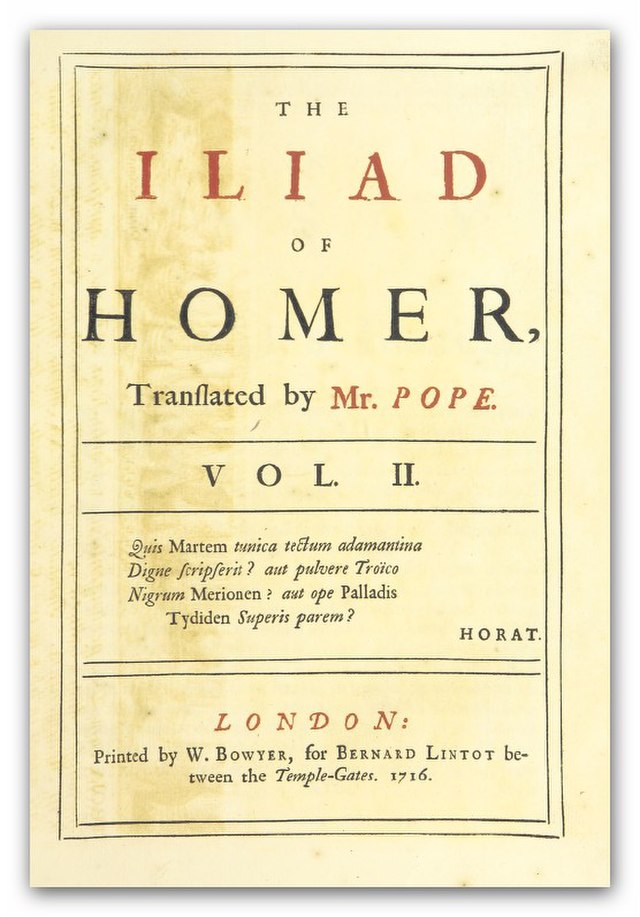
Can we rewrite this? I only had to read passages of it, and I hated it. I realize the plot is probably pretty good, and very historically significant, but the prose is painstaking to get through. That being said, for Latin, Classics and History majors, this book makes sense. But this book falls in the category of literature, where I think students may actually gain a better understanding of the sequence of events from video essays and SparkNotes than from the actual text.
I personally could not understand the who, what, where or when as I read it until I googled it, so it’s not as though I understood the text but missed the subtext, I didn’t understand the text or the subtext. Frankly, SparkNotes felt like reading a translation of the translation. So, while I can appreciate this book as a historical document and an acquired taste, I feel like it’s inaccessible for most students.
4. Great Expectations by Charles Dickens
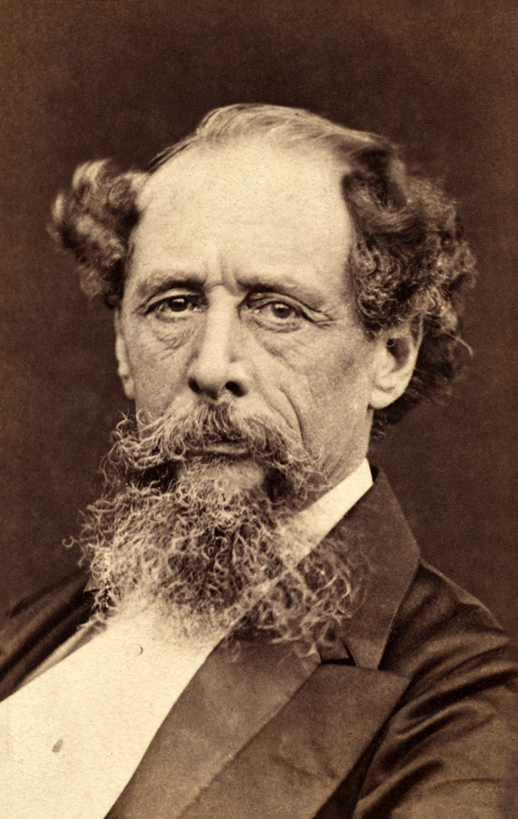
I won’t deny that the plot is genius. Conceptually, I’m obsessed with the characters, especially Estella and Miss Havisham. But trying to get through this novel seemed like a form of torture. This is a book that made me cry from confusion and frustration. I love fashion, but not enough to enjoy the two-and-a-half pages describing this woman’s orange dress and green gloves. Most of this book is filler, which makes sense, seeing as Dickens was paid for word and submitted excerpts to a magazine to get published, so naturally, he drew it out as much as possible. Given we all know this, maybe we can offer a more concise version for readers.
5. Les Miserables by Victor Hugo
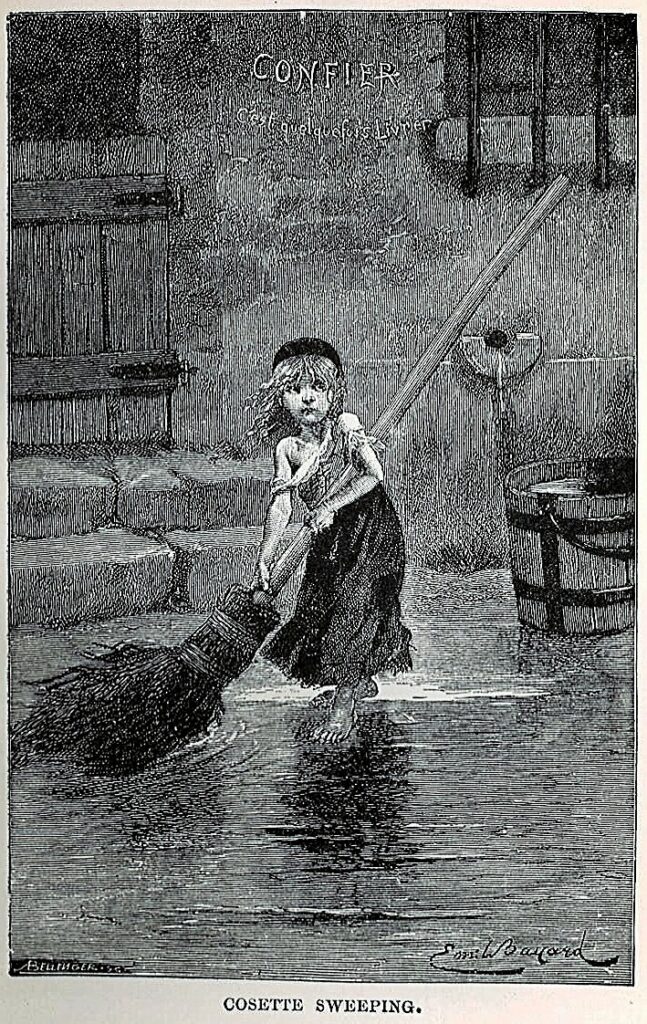
It kills me to include Les Miserables on this list, as the musical adaptation is one of my favorite musicals ever. But the book itself is another victim of “paid by word.” Hugo would have benefited greatly from a good editor. Instead, we are left with 1400 pages of what feels like should’ve been only 800. There are eight pages describing the Parisian sewer system. Nobody needs nor wants to read that unless they happen to be a sewer history junkie.
“Just watch the musical. It has everything the book has but condenses it and skips the 20-page rant about the sewer system.” University of Iowa Junior Nick Layeux said.
Like I said, it pains me to include this one. But carrying the book should be considered a workout, given how long it is. While many of my friends have made the attempt to read the entire thing, none have persevered. While I haven’t been assigned this entire book, I have read several passages. It seems as though even the passages are dense and difficult to complete. I desperately want this book to be edited and revised by a modern editor into something easier to consume, because the plot is entertaining and well-structured.

















